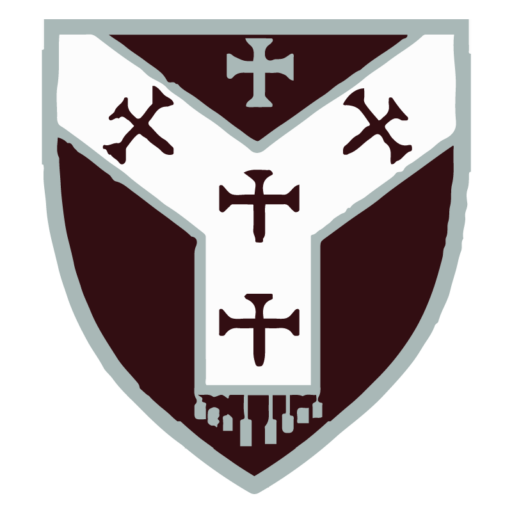English
English at The Minster
English has a pre-eminent place in education and in society. A high-quality education in English will teach pupils to speak and write fluently so that they can communicate their ideas and emotions to others and through their reading and listening, others can communicate with them. Through reading in particular, pupils have a chance to develop culturally, emotionally, intellectually, socially and spiritually.
Literature, especially, plays a key role in such development. Reading also enables pupils both to acquire knowledge and to build on what they already know. All the skills of language are essential to participating fully as a member of society.
———————————————————————————————————————-
Writing
Read Write Inc allows the children to spell effortlessly so that they can put their energy into working out what they want to write.
When using ‘Read Write Inc’ to write, the children will:
- Learn to write the letters/letter groups which represent the 44 sounds
- Learn to write words by sounding them out (segmenting) and then writing the corresponding graphemes
———————————————————————————————————————-
Speaking & Listening
 When using ‘Read Write Inc’, the children work in pairs to:
When using ‘Read Write Inc’, the children work in pairs to:
- Answer questions to practise every activity
- Take turns talking to each other
- Give positive praise to each other
- Blend sounds to read words
- Learn to read words by blending the phonemes that they have learnt in their daily phonics lessons
———————————————————————————————————————
Reading:
Using Read Write Inc, the children learn to read effortlessly so that they can put all their energy into understanding what they read.
When using ‘Read Write Inc’ to read, the children will:
- Learn 44 sounds and the corresponding letter/letter groups using simple picture prompts
- Learn to read words by blending the sounds together
- Read lively stories featuring words they have learnt to sound out
——————————————————————————————————————
Phonics at The Minster
Your child is learning to read with Read Write Inc. Phonics, a very popular and successful literacy programme. Please click on the links below for more information.
Please click on the links below for more information.
———————————————————————————————————————–
Video Library:
Please click on the links below to watch our support video collection.
———————————————————————————–
———————————————————————————–
———————————————————————————–

.
